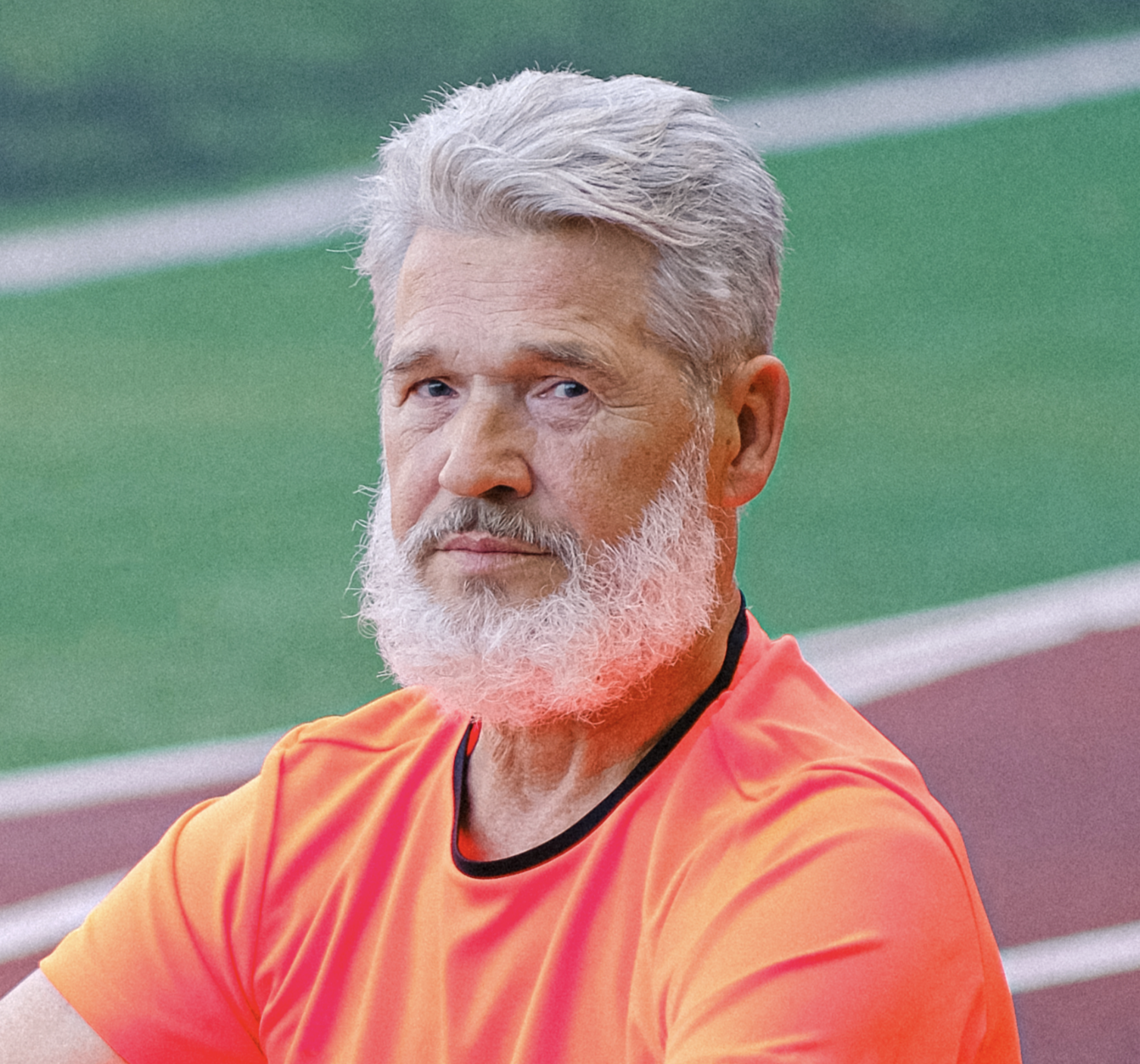GENETIC ENGINEERING AND BIOTECHNOLOGY NEWS – In vitro (test tube) and in vivo (living subject) studies have shown how an anti-aging gene identified in a population of centenarians can rewind the heart’s biological age by ten years.
The discovery, led by scientists at the University of Bristol and the MultiMedica Group in Italy, could represent a breakthrough that offers a potential target for patients with heart failure.
In their newly reported research, the team, co-led by Paolo Madeddu, MD, Professor of Experimental Cardiovascular Medicine at the Bristol Heart Institute, University of Bristol, demonstrated that the longevity-associated variant (LAV) of the BPIFB4 gene, which is particularly frequent in centenarians, can protect cells collected from patients with heart failure requiring cardiac transplantation.
The team also found that a single administration of the LAV-BPIFB4 gene, halted the decay of heart function in middle-aged mice.
“The gene rewound the heart’s biological clock age by the human equivalent of more than ten years”
Even more remarkably, when given to elderly mice – whose hearts exhibit the same alterations observed in elderly patients – the gene rewound the heart’s biological clock age by the human equivalent of more than ten years.
The researchers’ in vitro and in vivo findings are reported in Cardiovascular Research, in a paper titled “The longevity-associated BPIFB4 gene supports cardiac function and vascularization in aging cardiomyopathy,” in which they concluded:
“The present study integrates multiple, mutually supporting lines of evidence for the protective role of LAV-BPIFB4 against age-related heart disease … These findings open to using LAV-BPIFB4 to reverse the decline of heart performance in older people.”
Older people develop progressive cardiac dysfunction, for which there is no specific treatment, the authors noted. “… moreover, the use of common cardiovascular medications represents a clinical challenge in this category of patients.”
Madeddu further explained, “The heart and blood vessel function is put at stake as we age. However, the rate at which these harmful changes occur is different among people.”
So while smoking, alcohol, and sedentary life make the aging clock faster, eating well and exercising delay the heart’s aging clock, Madeddu continued.
“In addition, having good genes inherited from parents can help to stay young and healthy … ” READ MORE.



